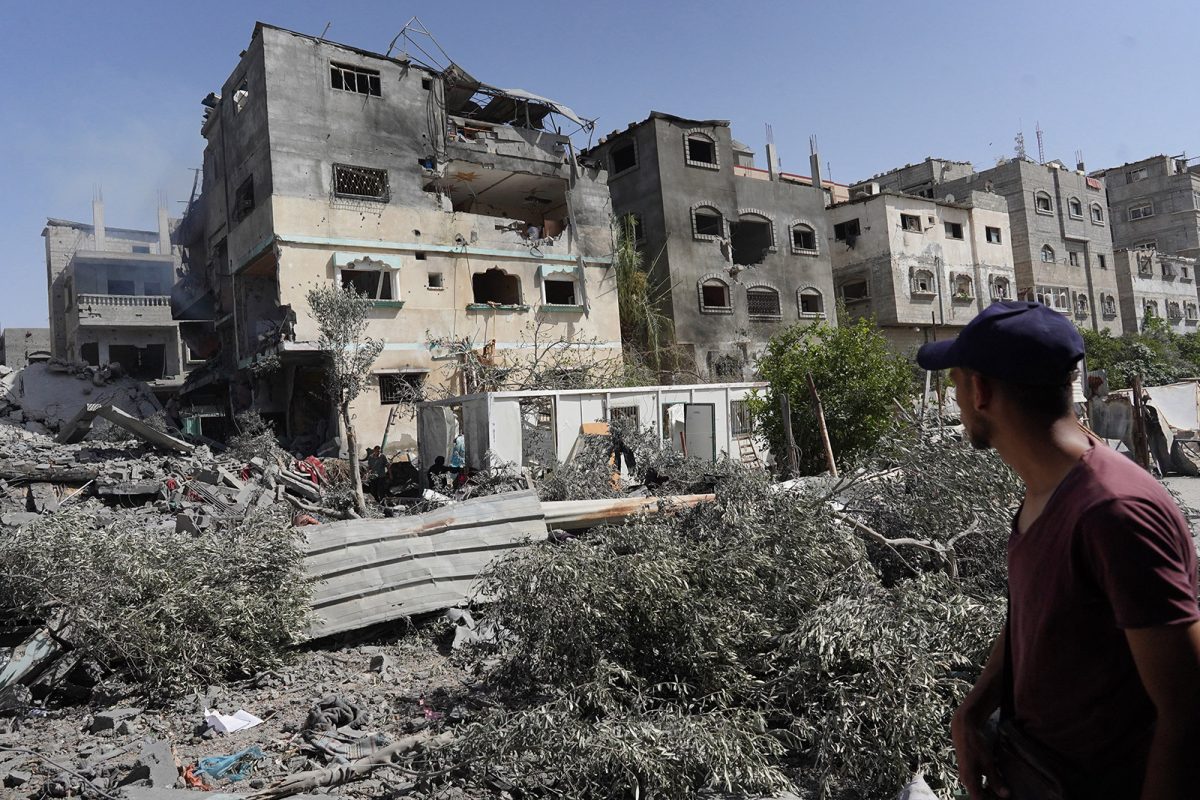Netanyahu has stated that he is open to a “partial” deal that would facilitate the return of some captives still held in Gaza, even if not all.
He reiterated, however, that he would not agree to any agreement that stipulated an end to Israel’s war on Gaza, despite previous claims by the United States that an Israeli proposal would be a pathway to ending the offensive.
“The goal is to return the kidnapped and uproot the Hamas regime in Gaza,” he said in an interview with Israeli media outlet Channel 14 on Sunday.
Tens of thousands of Israelis have consistently rallied against Netanyahu and his government, demanding early elections and a deal to return the captives.
Last month, US President Joe Biden announced a proposal for a ceasefire, which would see a six-week pause in fighting as well as the release of some Israeli captives in Gaza and Palestinian prisoners held in Israeli jails. These exchanges would then enable negotiations for a permanent ceasefire.
While US officials have insisted that Israel authored the proposal, various Israeli officials, including Netanyahu, have pledged to continue fighting until Hamas is eliminated, and have refused to publicly endorse it fully.
Netanyahu also told Channel 14 that Israel’s “intense” military offensive in the southern Gaza city of Rafah was nearly over.
“The intense phase of the fighting against Hamas is about to end,” he continued, adding, “It doesn’t mean that the war is about to end, but the war in its intense phase is about to end in Rafah.”
Netanyahu, in his first interview with an Israeli news outlet since the war in Gaza began, once again rejected the idea that the occupied West Bank-based Palestinian Authority run Gaza in place of Hamas.
“We also want to create a civilian administration, if possible with local Palestinians and maybe with external backing from countries in the region, to manage humanitarian supply and later on, civilian affairs in the Strip.”
“At the end of it, there’s two things that need to happen: we need ongoing demilitarisation by the [Israeli military] and the establishment of a civilian administration.”
The Gaza Strip has been gripped by more than eight months of war since a Hamas-led attack on Israel led to the deaths of 1,139 people, with dozens still held captive in Gaza.
Israel’s military offensive on Gaza has since killed at least 37,598 people, according to the Palestinian territory’s Ministry of Health.
Netanyahu said troops would soon be deployed to the northern border with Lebanon but for “defensive purposes”.
“After the intense phase is finished, we will have the possibility to move part of the forces north. And we will do this. First and foremost for defensive purposes. And secondly, to bring our [evacuated] residents home,” Netanyahu told Channel 14.
“If we can we will do this diplomatically. If not, we will do it another way. But we will bring [the residents] home,” he said.
Tens of thousands of civilians have been displaced from northern Israel and southern Lebanon, which have seen near-daily exchanges of fire between Israeli forces and Lebanese Hezbollah fighters since the war in Gaza began.
